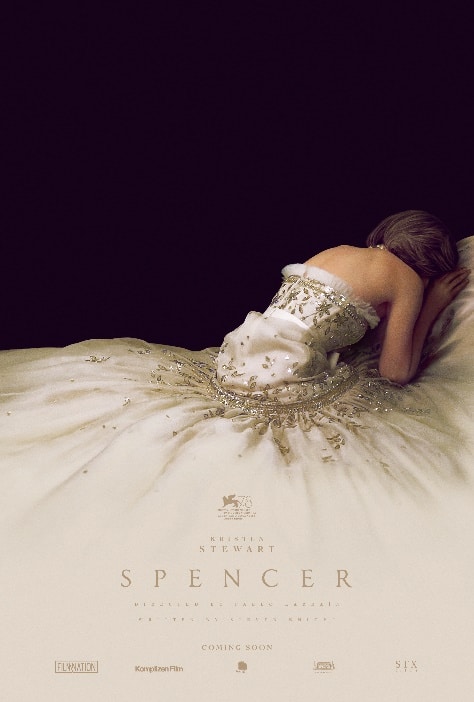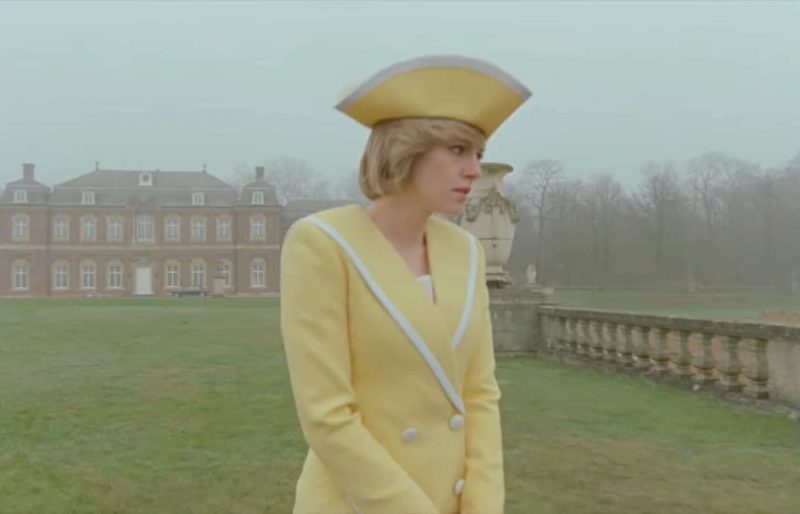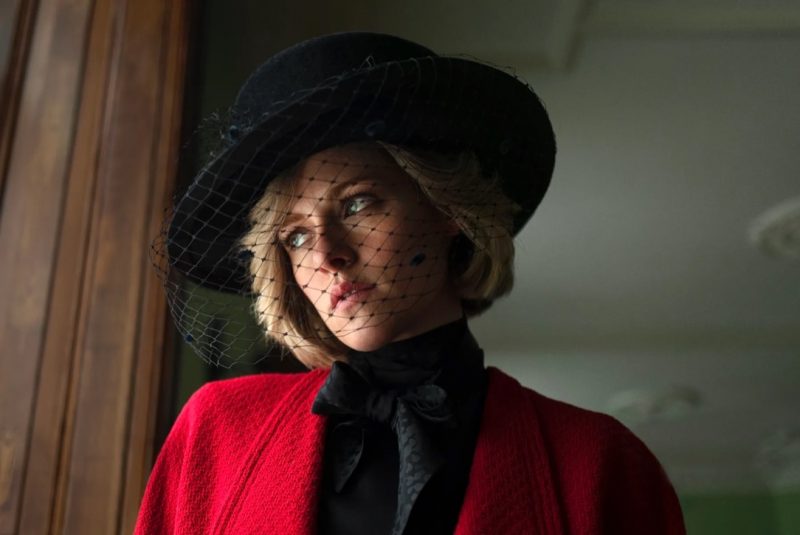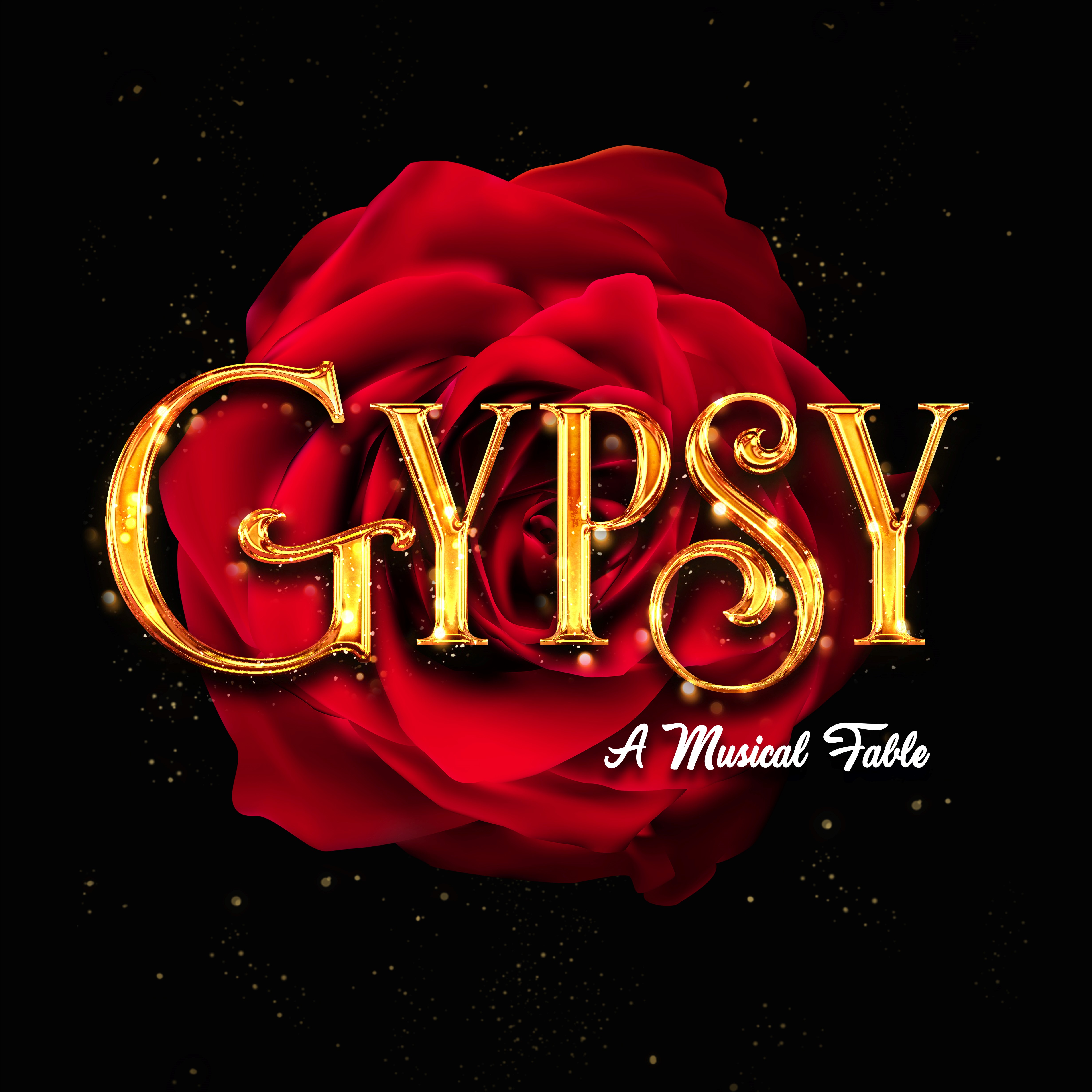Pablo Larraín’s newest film gives a terrifying glimpse into the glamour of Princess Diana’s life as a royal.

The opening text reads, “A fable from a true tragedy”. Spencer is a film that manages to encapsulate the raw emotions of a woman trapped by tradition, paranoia, and duty. It’s a painfully bittersweet snapshot into a dark and isolated time in the Princess’s life, a life that was truly for the people.
Sandringham Palace plays host to the Royal Family each Christmas. Over the course of three days, we watch as Diana struggles to cope with the hardening pressures of The Firm.
Unlike The Crown‘s detailed account of the royal’s recent history, Spencer isn’t a complete biography. Instead, it provides a glimpse into a small timeframe that still manages to reflect so much of her own history.
Written by Stephen Knight, the script begins with Diana lost in the countryside, attempting to find her way after insisting on driving herself. She arrives separately from her husband, Prince Charles (Jack Farthing), another sign of their turbulent marriage.
William (Jack Nielen) and Harry (Freddie Spry) welcome her to the cold yet suffocating house. It’s with her two boys that she finds rare moments of comfort.
She is weighed on arrival, accused of having an affair (by her cheating husband) and has her curtains sewn shut to “protect” her from paparazzi.
She’s told what to wear, what to do and what to eat. Knowledge of her eating disorder is passed around the estate. It’s seen as a shameful quirk of a spoiled girl. Making her feel like she is to blame.
Her allies in the Palace are limited. Diana seemly only trusts her dresser, Maggie (Sally Hawkins). Maggie is a confidant and safety blanket for Diana, that is until Maggie is sent away. Diana then left under the watchful eye of Alistair Gregory (Timothy Spall), a harsh military man who demands duty from the Princess.

It acts as a companion piece to Pablo Larraín’s Jackie (2016). The film follows Jackie Kennedy the week after her husband’s assassination. Just like Diana, she is isolated and suffering. She fights to remain strong in the face of chaos and conflict.
Kristen Stewart shines as the Princess of Wales. She plays the role with an intensity that highlights the fear and confusing claustrophobia that seeps through the palace walls. It’s a stellar performance that hits the soft-spoken nail on the head with grace and humility. Stewart commands the screen as the tortured young woman. She skillfully masters the upper-class dialect and that silky quality that is synonymous with Diana.
It seems almost essential that Stewart receives an Oscar for her performance.
It is a beautiful film. The warm, faded shots seem straight out of Vogue circa 1990. It’s a fashion-lovers dream. Every outfit change, of which there are many, is perfectly put together. Costume designer Jacqueline Durran combines so many iconic elements of the Princess’s wardrobe. Just like Jackie, Spencer is an audio-visual fashion parade. It is stunning to watch, from every perfectly placed piece of décor to the mouth-watering shots of lavish food.
There’s an underlying sense of dread that’s sewn into the fabric of the story, a sentiment that is matched completely by Jonny Greenwood’s haunting score. At its core, it’s a drama, nevertheless, it really shines as a gothic tale dripping in ghostly melancholy and pain. It’s comparable to a Dickensian novel; a Christmas story that is plagued with ghosts both past and the present, which, in the film’s words, are one and the same.

Larraín was correct to call this story a fable. This film is a reflection of the harsh reality of subjection, set to the backdrop of real-life royalty. It’s a tale of a forceful regime attempting to fight against the spark of a wildly free spirit. Stewart manages to capture all that and more in her terrific performance. She demonstrates a classy, graceful aura while displaying the raw passion of a woman in crisis.
It’s a political fairy-tale, one that, in Lorrain’s vision, got a happy ending. It’s a beautiful love letter to the “People’s Princess”.










